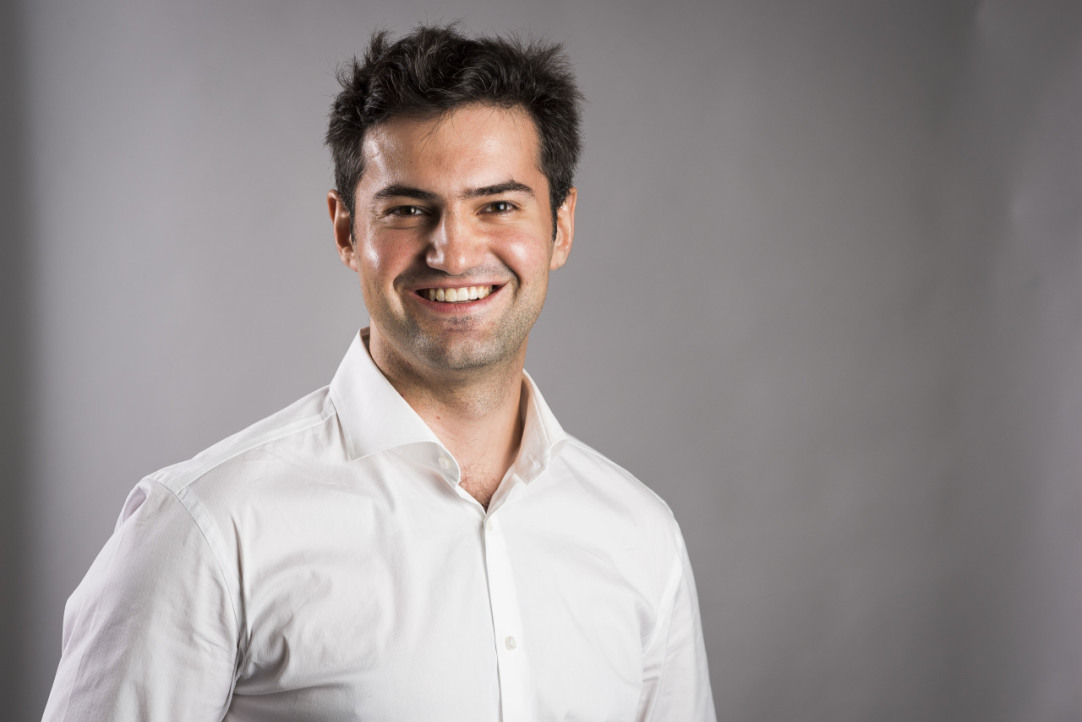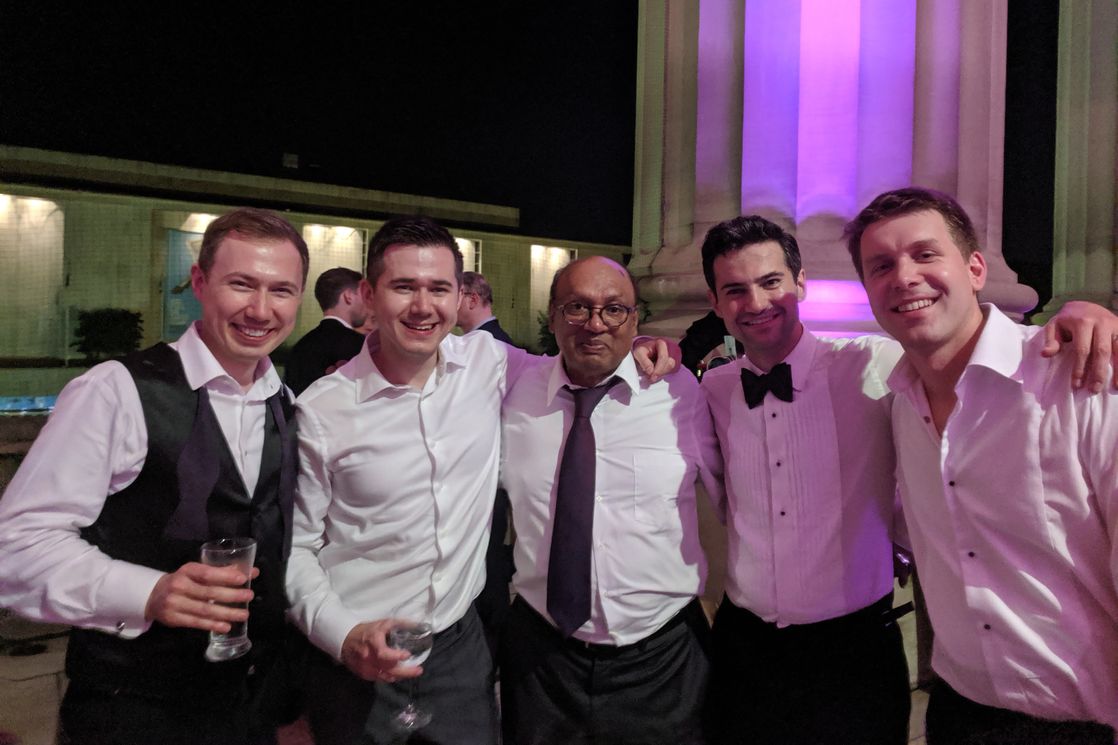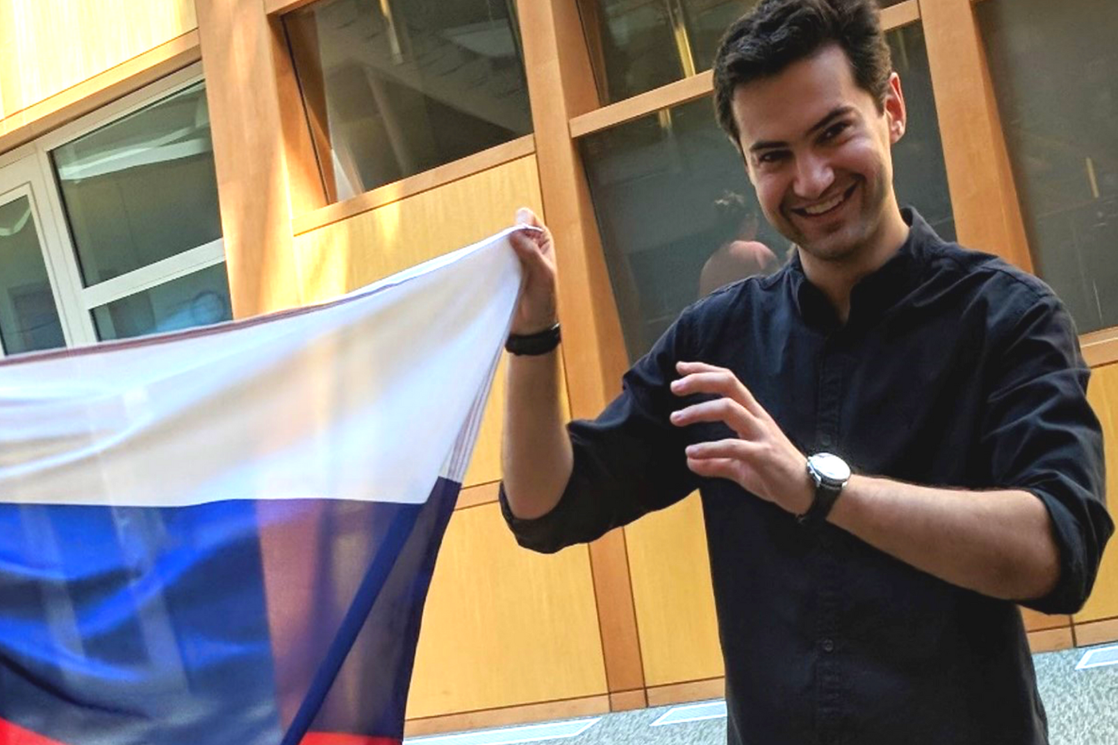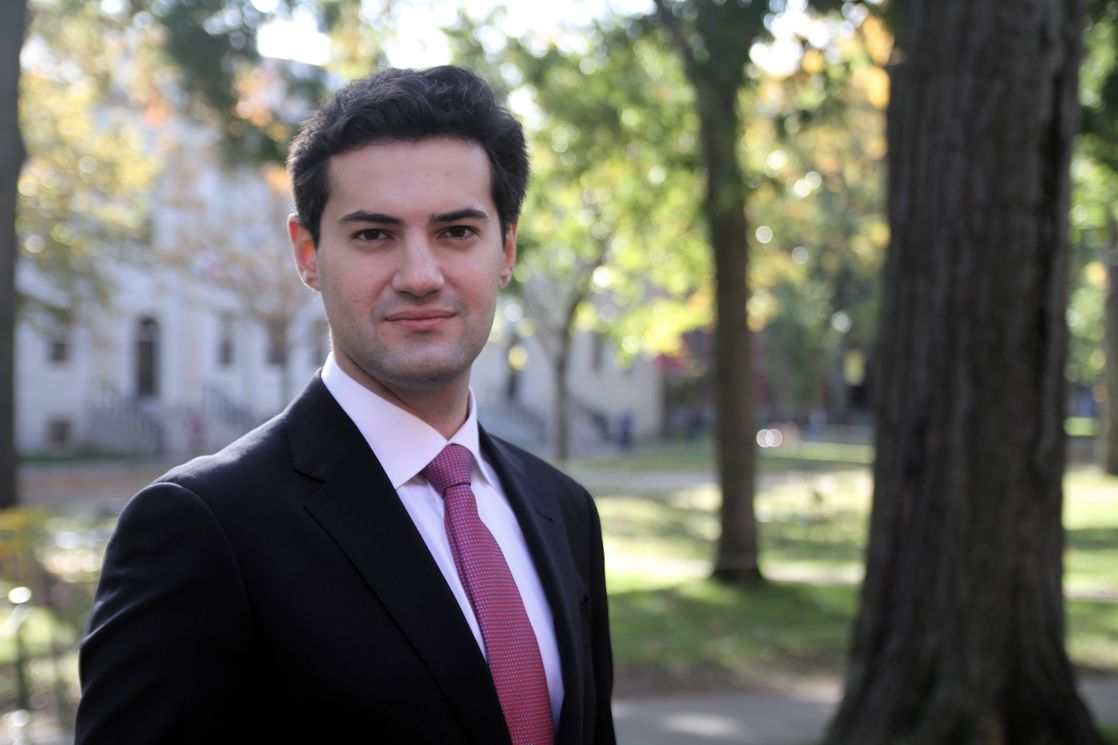'I am still learning from my fellow ICEF students'

Why did economics attract you?
When I was at high school and was mastering chemistry, physics and mathematics I began to understand that I wanted to advance in a sphere where human relations are more important. In my future career I aspired to fit together both numbers and human relations. Economics turned out to be a good alternative here, as it helped combine my aptitude for mathematics with a desire to do something for people and among people. Besides, an economics background gives access to interesting spheres – banking, consulting, business in general. It was 2004, and even by that time it became clear to me that I must apply to HSE. I chose ICEF as I wanted to study in English on the double-degree programme with an idea that this will give me additional opportunities in the future. For example it would make it easier to enter a western MSc programme.
What role did your parents play in choosing the area and university?
My parents are doctors, but in 90-s they were also engaged in the medical business. That is why I always had two ready answers to the “what I would like to be” questions: a doctor or a businessman. When I was learning at school that specialized in chemistry, however, I wasn’t going to become a doctor anymore, but I still had interest in business, so I decided to study economics.
My choice of economics, in general, and ICEF, in particular, relied on my intuition, rather than a clear plan for the following 10 years. I suppose that luck played its role too, as for instance I was wrong in my assumption that human relations are not that important in chemistry and physics. Only on desert islands are there no human relations, but in all other spheres human relations are a foundation for everything.
How did the environment influence your education?
As for my personal experience at ICEF, I would say that the environment played a great role. I learned many things and not only from professors. I am still learning from my fellow ICEF students; we stay in touch. Here is by the way one of the main challenges and problems of online education in times of pandemic. One can transmit knowledge via computer’s screen, but it is much more difficult to rebuild the process so that the students could benefit from each other and the environment.

Did you always see yourself in Academia? Why did you decide to study abroad?
In our family we always paid a lot of attention to education, so from the very start when I was entering ICEF based on the results of All Russian Olympiads, I set an objective to go for an MSc. Moreover, thanks to my academic achievements at ICEF I managed to get a generous scholarship from LSE that covered study and living expenses, so it was an obvious step to continue my education in London.
I also succeeded to constantly combine studies with internships and work in financial sector, so I advanced in Academia without leaving industry. In my 2nd year at ICEF I started working part-time in an investment bank in a group that conducted IPOs of Russian companies on international platforms, and later in London I was structuring commodity indexes. In Boston I advised an investment fund on investments in rapidly growing private companies in Eastern Europe, and worked as an economist in a hedge fund in Global Macro group.
What are your research interests and in what areas are you working now?
In their 2nd year on the PhD programme students can choose specialized courses. I personally chose the financial sphere, in which I was interested from the very start, and began building relations with professors whose interests corresponded to mine. In the beginning it turned out very useful to work with people who have written several dozens of articles – you can learn from them what is really important and what is not worth wasting time and efforts. I am working in empirical corporate finance and have written a number of articles on venture capital funds, private equity funds, banks and bank regulation, and retail chain bankruptcies.

I have just started a new project with my co-authors on the influence of the coronavirus pandemic on the private equity sector. The investigation results will be interesting not just to the academic community but also for funds and regulators.
How does one become a professor and how does the academic job market work in general?
Professorship is a traditional final goal of PhD programmes. In their last year PhD students go to the international job market. Every autumn, universities announce vacancies and candidates send their document packages that mostly consist of recommendations from their research supervisors and their job market paper, a showpiece research article. This is a key article that shows your best side, and clearly shows your research area and the methods that you have learned. Universities that are interested in developing in this area are your target audience.
In the first weekend of January a special conference called ASSA Meeting is held in the USA. Candidates and universities’ representatives meet there. Each interview takes half an hour, 15-20 minutes of which is devoted to your paper. So you need to carefully prepare for a presentation. The Conference takes three days and after several dozens of interviews each university chooses around 5-10 candidates and invites them for a flyout: to hold a seminar, communicate with professors informally and look for close research interests. It is curious how this 30-minutes interview plays such an important role in the researcher’s fate.
You could have spent the previous five years writing an article whose importance could be compared to Einstein’s Theory of relativity, and you need to explain it in 30 minutes
This is why one needs to develop soft skills while studying on the PhD programme along with research skills.
Currently you teach at Georgetown University. What interesting things have you discovered while working with students?
I enjoy teaching a lot. In general, the job of a university professor is split into three parts. 70% is writing research articles. Your future career development directly depends on the results of this work. 25% is teaching and 5% is so called service to the profession, which means providing support to the university. In this regard I participated in the organization of research seminars during my first years and during the past year I was a part of admission board, where I examined students’ applications and made decisions whom to enroll.
As a Professor of Georgetown University School of Business, I read a core course in Finance (Business Financial Management) and I have had time to notice that teaching is closely related to the trivial incentive system. For example, the complexity of research means that results are deferred; in teaching, however, you receive satisfaction literally at once – you read the lecture, the students are happy. In this respect reading lectures is like an addiction.

How can one measure success in academic career in general?
The publication of research papers in peer-reviewed journals is objectively a success criterion, especially for young professors. If you speak about personal sensations and satisfaction from work, what is really valuable is the opportunity to do what you are really interested in. A successful professor once said that he used to like solving puzzles as a child, and now his job is to do the same all day long for a salary. I think what attracts me most in this career is that you can come up with your own research topics, you decide who you want to collaborate with, you draw up the budget, travel around the world presenting your work, build relations with professors from other universities. You are your own business-director, product manager, engineer, designer and product.